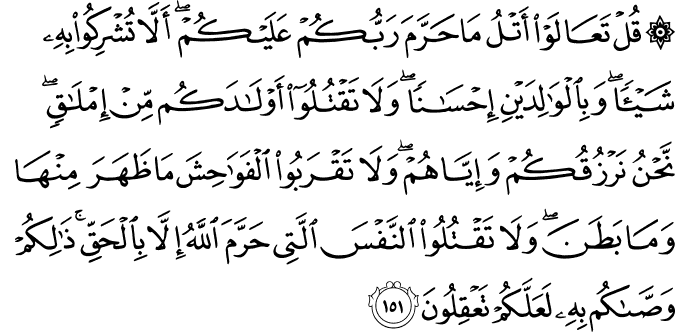In the Name of Allaah, the Most Gracious, the All-Merciful…
One of our respected visitors sent in the following question:
Could you give some insight into the origin of the Verse:
فاسألوا أهل الذكر إن كنتم لا تعلمون
“And ask the people of knowledge when you do not know.” [16:43]
This Verse is often used to refer to Muslim scholars, but Ibn Katheer explains this to mean the people of the books that came before, i.e. the previously revealed scriptures.
The response: While it is true that Imaam Ibn Katheer (may Allaah have Mercy on him) did in fact identify that the Verse was revealed about the scholars of the Jews and Christians who had knowledge of previously revealed scriptures, he did not restrict the meaning of the Verse to them alone, in a way that excludes the Muslim scholars. This may sound a little confusing, but by the end of the article the matter should be very clear, in shaa’ Allaah.
What has been mentioned about the Verse being revealed about the people of the earlier scriptures is true. However, reading a book of Tafseer without some basic principles could prove harmful, as you may reach conclusions that were not intended. Al-hamdulillaah for this question, and for what Allaah has opened up for us in understanding of His Book!
When a scholar tries to single out the exact reason for a Verse’s revelation, like in this case, it does not mean that the Verse is restricted to those whom it was revealed about exclusively, or that the scholar was trying to restrict its meaning to that.
There is a principle in Tafseer the scholars work by:
العبرة بعموم اللفظ لا بخصوص السبب
Meaning: The specific reason for a Verse’s revelation, or the specific event or people it was revealed about, does not restrict its meaning, rather it is to be understood to be as general as the wording allows.
An example of this would be: Verses 5-7 of Soorah al-Layl:
فأما من أعطى واتقى وصدق بالحسنى فسنيسره لليسرى
“As for the one who gives and has piety, whilst he believes in the Recompense, then We shall grant him ease in following after al-Yusraa (the easy path to goodness).”
These three Verses were understood to be revealed about Aboo Bakr as-Siddeeq (may Allaah be pleased with him) specifically. However, to restrict the meanings of the Verses to him alone would be baseless, since the wording includes him and everyone who behaves as he did. Restricting the Verse to one man would effectively Continue reading →

